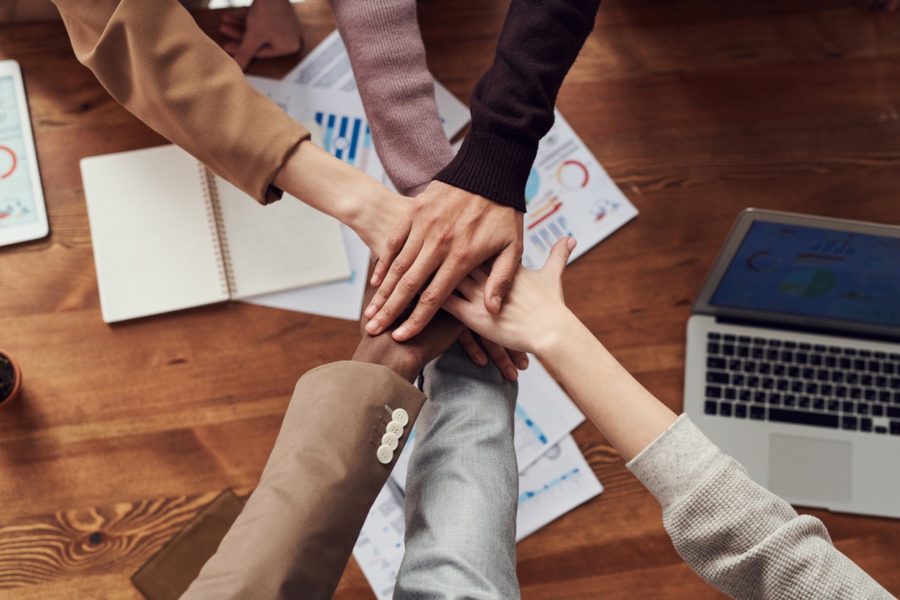It is in the best interest of every company to be as inclusive and accessible as possible and technology is helping to pave a path to help further empower a world where inclusion and accessibility are at the forefront, according to Alexia Clayborne, director of inclusion and accessibility (events, studios, and marketing community) at Microsoft.
“We must be more inclusive if we still want to be in business” and “it all matters, so if you’re not already onboard, hopefully we have more of your attention because it will affect you in one way or another if we do not open up to be more inclusive,” she said during the Diversity, Inclusion & Accessibility breakout session “Co-creating an inclusive and accessible future” that was part of the virtual SoCal Women’s Leadership Summit on Nov. 10.
During the session, she defined inclusion and accessibility, stressing the importance of making sure we are all using shared language, and touched on the importance of Web Content Accessibility Guidelines (WCAG) accessibility standards.
It is important to figure out what we mean by inclusion because that is the “ultimate goal for everybody,” she said, explaining: “It amounts to belonging. We want a world in which everyone feels empowered,” including those in underrepresented communities and the majority.
She also noted that this is very personal for her, in part because she has a daughter with autism who is non-verbal.
When working for Deutsche Bank before Microsoft, she met Prince Manvendra Singh Gohil of India, who she noted identifies openly as being gay – something highly unusual for members of royal families/monarchs.
He told her something she said “resonates with what Microsoft’s vision is: that you can’t just, in this inclusion and accessibility space, worry about those who are allies and already onboard; you must also reach out to the mainstream – those who are at a different place in their journey – and try to work and connect with them.”
Also while at Deutsche Bank, she recalled working on an event with billionaire Paul Singer, founder of hedge fund Elliott Management, who has a gay son.
“He used his influence and understanding of the system to show how the business case – the money – demands that we be more inclusive certainly of LGBTQ [people] and he was a pretty integral part” of the fight that she said “led to marriage equality” in the U.S.
After leaving Deutsche Bank, she went to work for Microsoft and, “while we all have at the company a growth mindset, I personally do as well and … we have a ways to go before we reach” the ultimate goal of full inclusivity, she said. “But that’s the path we’re on and I do believe that co-creating together is the way to move forward.”
Regarding the strong business case that can be made for inclusivity and accessibility, she noted that: the spending power of the LGBQT+ community globally is $3.6 trillion; while the global spending power of women is $40 trillion; and the spending power of Black American consumers in the U.S. alone is $1.7 trillion.
Company’s online events, meanwhile, have been “revolutionized” by the pandemic, she said.
Microsoft has set various standard accessibility accommodations for all website registration used for its flagship online events, she said. They include: providing transcript downloads, audio descriptions, American Sign Language, PowerPoint accessibility and captioning, she said.
More accommodations may be added, she said, noting: “We continue to listen, learn, shift and address where needed based off of input from the communities that we are serving.”
She added: “The hope here is for everyone to recognize that adding more access for one means benefits for all of us.” At a minimum, it stands to allow companies to gain potentially more customers, she noted.

